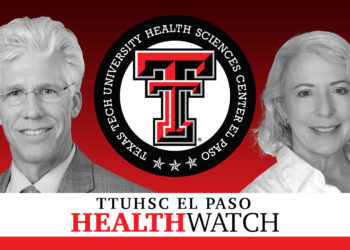TOPLINE:
The acquisition of hospitals by private equity firms did not reduce 30-day mortality or hospital revisit rates among patients with heart failure, despite patients at acquired hospitals having lower clinical risk scores than those at nonacquired hospitals. Black patients were more likely to be transferred out after acquisition.
METHODOLOGY:
- In recent years, the acquisition of US hospitals by private equity firms and investment in cardiology have intensified; however, evidence on how these affect outcomes in patients with heart failure is scarce.
- Researchers conducted a quasi-experimental difference-in-differences analysis to evaluate whether hospital acquisition changed clinical outcomes among Medicare fee-for-service beneficiaries aged 65 years or older with heart failure.
- They included 35,631 hospitalizations of such beneficiaries at 41 US hospitals acquired by private equity firms between 2013 and 2018, matched with 178,107 hospitalizations at 192 nonacquired hospitals.
- Primary outcomes were 30-day mortality and rehospitalization rates, including inpatient stays, emergency department visits, and observation stays.
TAKEAWAY:
- The 30-day hospital revisit rate (difference-in-differences estimate, -0.2 percentage points; P = .49) and 30-day mortality rate (difference-in-differences estimate, +0.7 percentage points; P = .21) did not change significantly after acquisition.
- Cardiac catheterization rates increased significantly, but clinical risk scores of patients and length of hospital stay decreased significantly at acquired hospitals compared with nonacquired hospitals (P ≤ .03 for all).
- Although overall transfer-out rates did not change, Black patients were significantly more likely to be transferred out after acquisition (difference-in-differences estimate, +7.1 percentage points; P = .03), raising concerns about equity in transfer practices.
IN PRACTICE:
“Our finding that 30-day mortality rates and 30-day hospital revisit rates did not change despite a differential decrease in clinical risk scores indicate that the growing presence of private equity in health care may have adverse implications on care and outcomes for patients with heart failure — the most common reason for hospitalization in Medicare,” the authors wrote.
SOURCE:
This study was led by Daniel Y. Johnson of the Beth Israel Deaconess Medical Center in Boston. It was published online on June 9, 2025, in Journal of the American College of Cardiology.
LIMITATIONS:
The study population was limited to adults aged 65 years or older. The researchers could not capture data from Medicare Advantage plans as these were not available for the entire study period. Additionally, data beyond 2019 could not be included due to the COVID pandemic.
DISCLOSURES:
This study received support from the Sarnoff Cardiovascular Research Foundation and an American Heart Association Established Investigator Award grant. One author reported receiving grants and serving as a consultant for various research institutes and pharmaceutical companies.
This article was created using several editorial tools, including AI, as part of the process. Human editors reviewed this content before publication.
Source link : https://www.medscape.com/viewarticle/how-does-private-equity-ownership-affect-heart-failure-care-2025a1000gdv?src=rss
Author :
Publish date : 2025-06-19 10:30:00
Copyright for syndicated content belongs to the linked Source.














